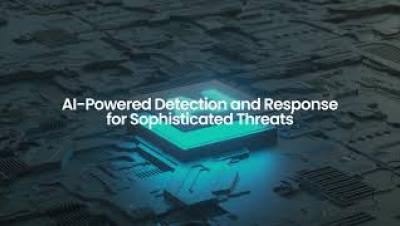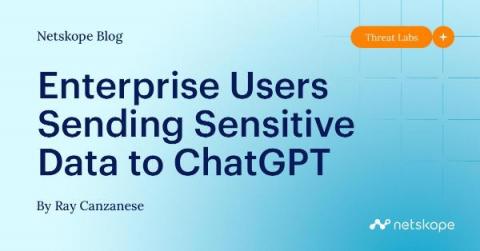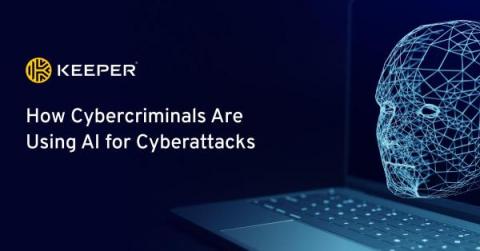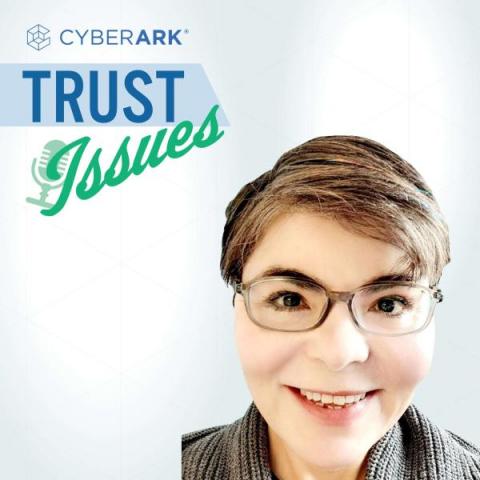Security | Threat Detection | Cyberattacks | DevSecOps | Compliance
AI
Power of AI in Protest Planning | Ensuring Safety and Security
Enterprise Users Sending Sensitive Data to ChatGPT
ChatGPT use is increasing exponentially among enterprise users, who are using it to help with the writing process, to explore new topics, and to write code. But, users need to be careful about what information they submit to ChatGPT, because ChatGPT does not guarantee data security or confidentiality. Users should avoid submitting any sensitive information, including proprietary source code, passwords and keys, intellectual property, or regulated data.
Transforming defence with Elastic AI and data capabilities
How Cybercriminals Are Using AI for Cyberattacks
Cybercriminals are using AI to carry out various cyberattacks including password cracking, phishing emails, impersonation and deepfakes. It’s important you understand how cybercriminals are using AI to their advantage so you can better protect yourself and family, as well as your accounts and data. Continue reading to learn about AI-enabled cyberattacks and what you can do to keep yourself safe.
Is AI-Generated Disinformation on Steroids About To Become a Real Threat for Organizations?
A researcher was alerted to a fake website containing fake quotes that appeared to be written by himself. The age of generative artificial intelligence (AI) toying with our public personas has truly arrived. As cybersecurity professionals we must ask, what are the implications of fake-news-at-scale-and-quality for individuals and organizations?
EP 30 - Securing Data Amid the AI Gold Rush
Diana Kelley, Chief Information Security Officer (CISO) at Protect AI joins host David Puner for a dive into the world of artificial intelligence (AI) and machine learning (ML), exploring the importance of privacy and security controls amid the AI Gold Rush. As the world seeks to capitalize on generative AI’s potential, risks are escalating.
The Lessons Learned in Cybersecurity 25 Years Ago Are Still Applicable to AI Today
AI Will Not Replace Jobs | AI Jobs
The Power of Generative AI and Lessons Learned from Zenith Live 2023
It was great to be both a sponsor and a participant at Zenith Live in Las Vegas last week. Attended by security architects, CIOs and CTOs, the caliber of presentations was exceptionally high. We heard from Zscaler CEO, Jay Chaudhry, about many industry-redefining innovations around AI-enabled security, data-driven business intelligence insights, and product enhancements which promise to further strengthen the Zscaler platform.











